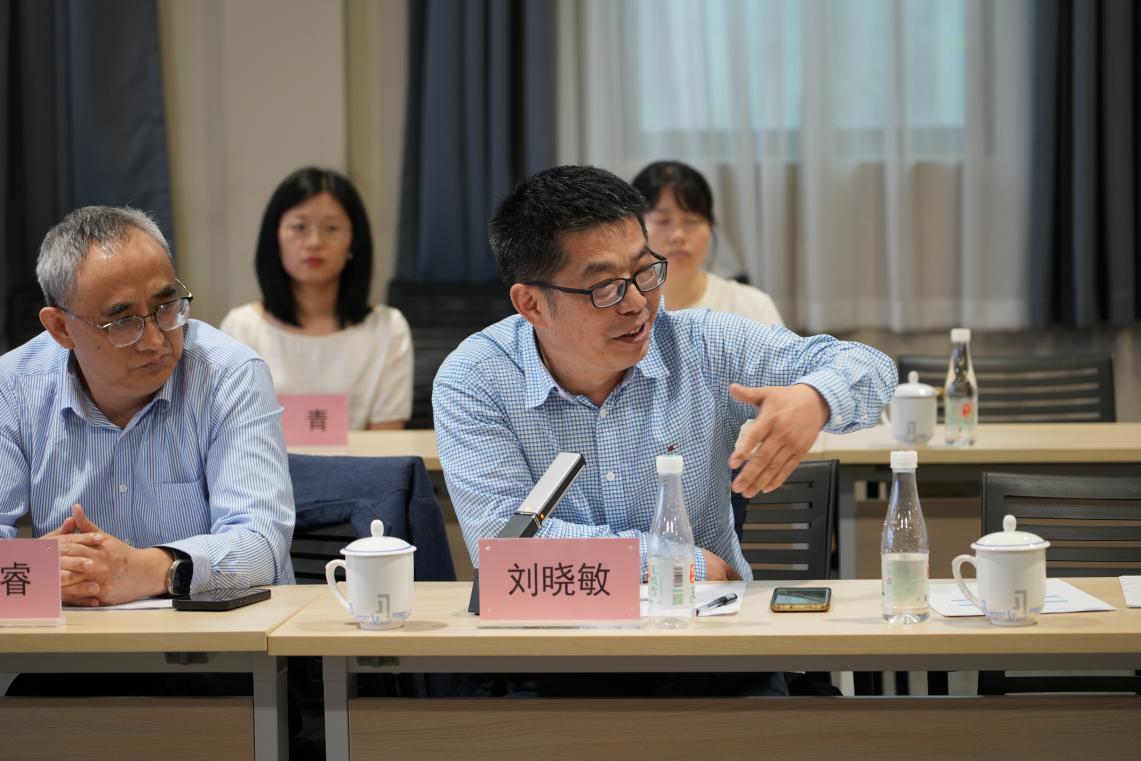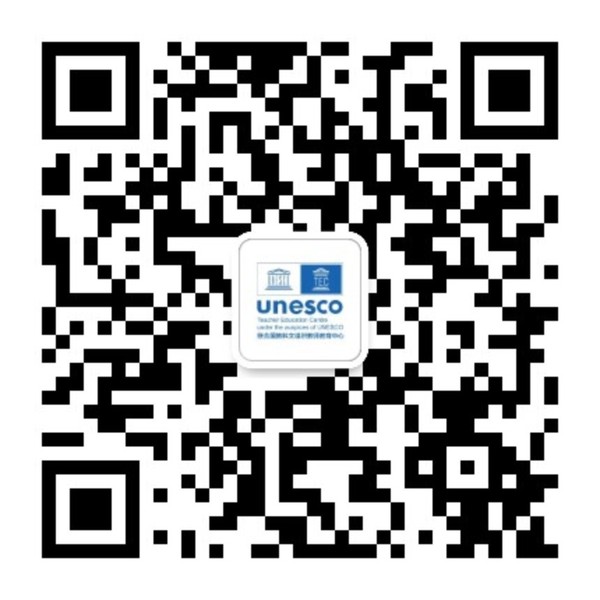On June 21, 2024, the Academic Symposium Celebrating the 10th Anniversary of the Establishment of Shanghai Normal University’s Research Institute for International and Comparative Education (RIICE) was grandly held at the Shicheng Lecture Hall of the UNESCO Teacher Education Centre (TEC). Distinguished guests from Shanghai Normal University attended the event, including Liu Xiaomin, Deputy Party Secretary; Jiang Mingjun, Vice President; Dong Limin, Executive Dean of the Graduate School; Yang Fan, Deputy Director of the Academic Affairs Office; Yao Xiaodong, Deputy Director of the Social Sciences Division; Fan Guorui, Dean of the Faculty of Education; Xia Huixian, former Dean of the College of Education; and Huang Haitao, Dean of the College of Education. Also present were Zhang Minxuan, Director of TEC; Hu Guoyong, Dean of RIICE; Wang Jie, Vice Dean of RIICE; all RIICE staff; members of the innovation team; and outstanding student representatives.
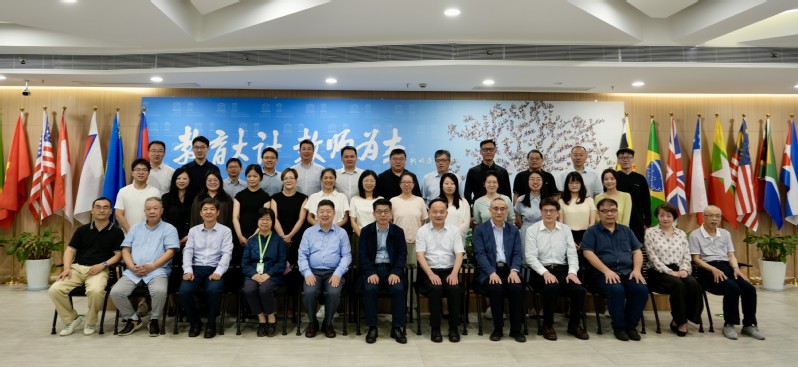
The event began with an opening speech by Jiang Mingjun. He noted that on the occasion of the university’s 70th anniversary and RIICE’s 10th anniversary, both the university and the institute had achieved remarkable accomplishments. He expressed gratitude to all RIICE staff for their long-term dedication. Looking ahead, he hoped that everyone would continue to work hand in hand to make greater contributions to building a strong education country, advancing the university’s development, and promoting disciplinary growth.
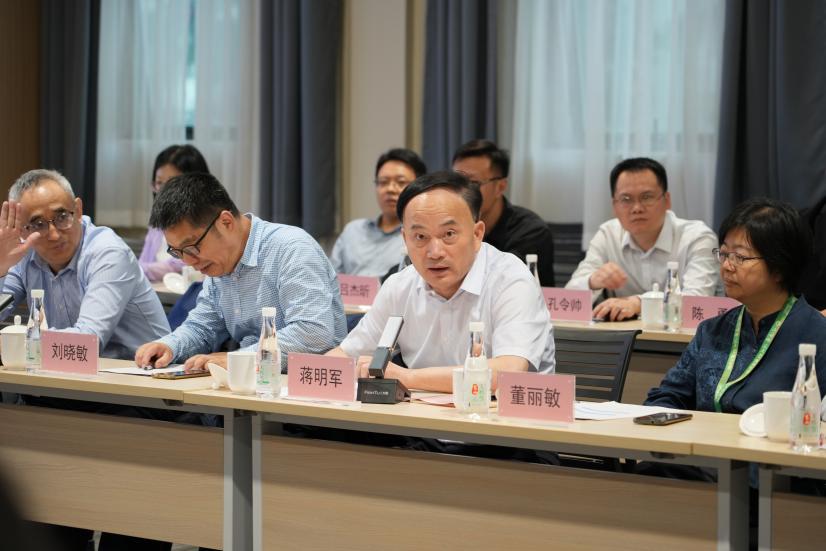
Wang Jie provided a comprehensive, vivid, and multi-dimensional review of key events marking RIICE’s 10-year journey, striking a strong chord with the audience. She also invited attendees to vote for their top 10 significant events from the list of representative milestones. In the afternoon, after announcing the voting results for RIICE’s Top 10 Events of the Decade, the Best Match Award was presented, with four recipients, creating a lively atmosphere.

The morning academic report session was rich and engaging. Professor Kong Lingshuai delivered a report entitled Action Paths and Value Orientation of EU Green Education from the Perspective of Social Action Theory. He pointed out that the implementation of EU green education is a complex, multi-level, and multi-dimensional process. Looking ahead, how can the EU promote unified policies for environmental sustainability while respecting cultural differences among member states? How can it enhance educational equity and quality with limited ecological resources? These are issues that not only the EU but also China urgently need to consider, explore, and balance.
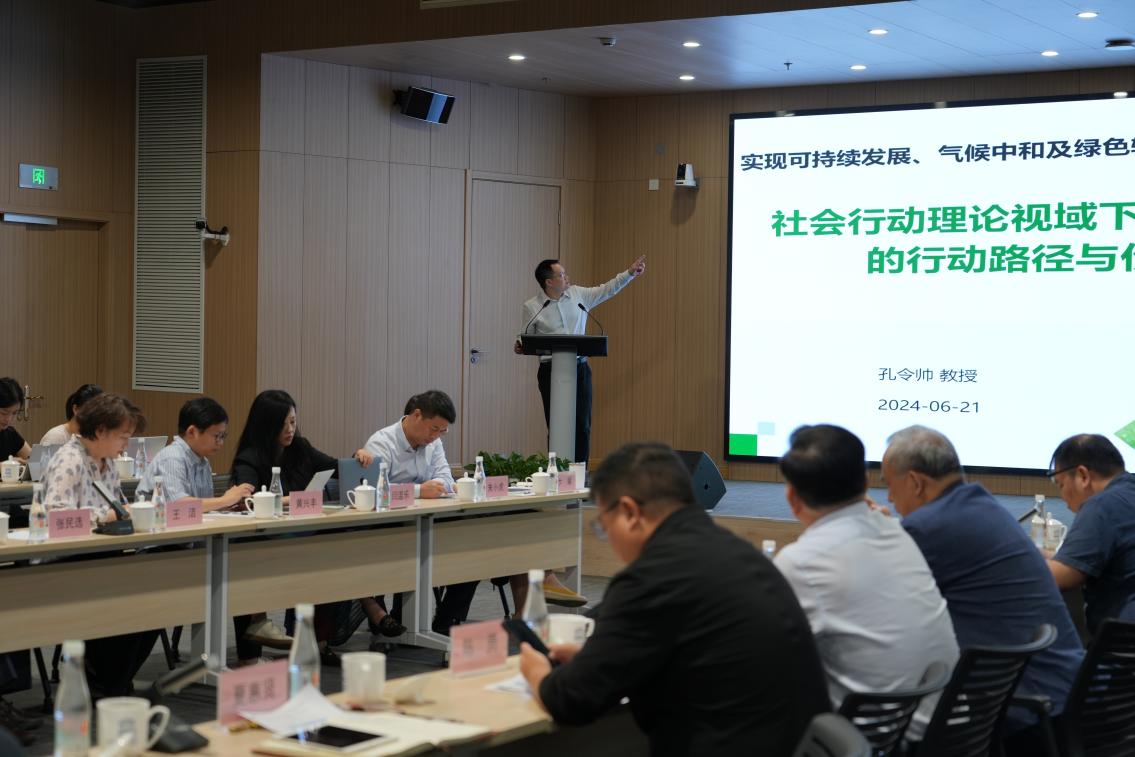
Dr. Sun Yang presented a report entitled State’s Proactive Intervention in Promoting Teacher Professionalization in China: Theoretical Model and Empirical Testing. He concluded that improving the teacher education system with Chinese characteristics and cultivating a high-quality, professional teaching workforce are major strategic arrangements for building a strong education country. To meet the high-quality requirements of building a strong education country, efforts to improve the teacher education system with Chinese characteristics should clarify goals, leverage the institutional advantages of proactive state intervention, promote the integration of teachers’ professional values and public interests, and establish an open and collaborative system for pre-service and in-service teacher professional learning.
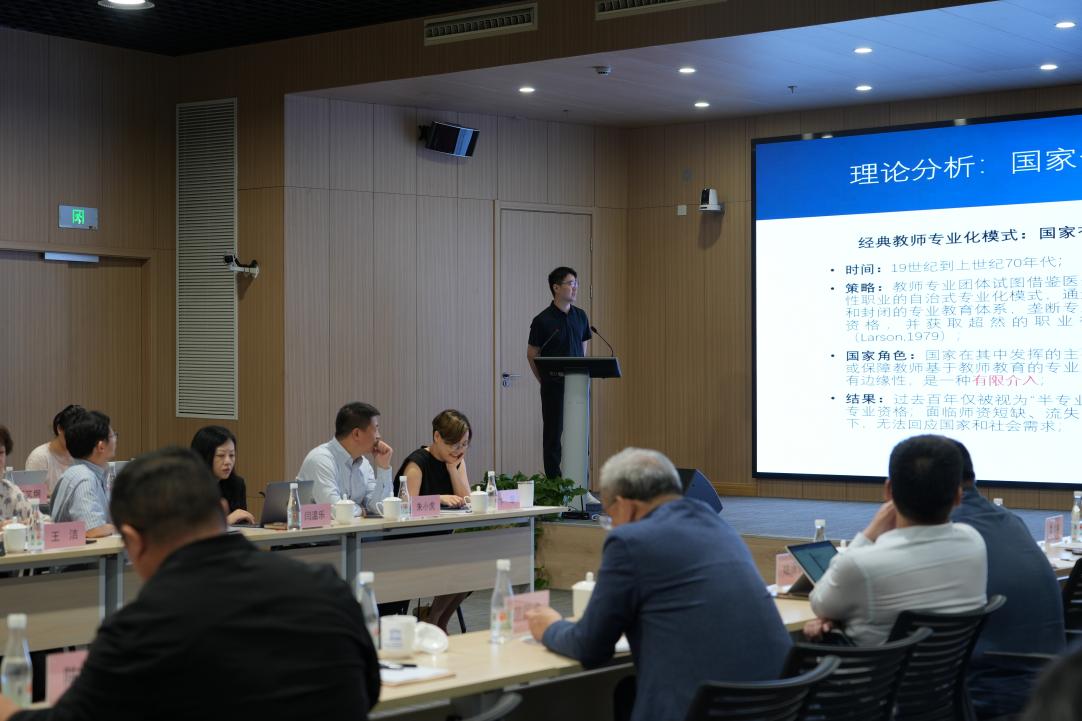
Dr. Ding Ruoxi’s report, Telling China’s Educational Development Stories to the Global South: A Case Study of China-Tanzania Teacher Professional Development Projects, translated her practical experiences into theoretical insights, offering guidance on how to effectively communicate China’s development stories to the Global South. Through intermediaries such as international organizations and developed countries, China has extended its efforts to Tanzania, providing Chinese solutions and Shanghai’s wisdom for achieving UNESCO’s Sustainable Development Goal 4 (SDG4) and disseminating Chinese educational knowledge globally.

Professor Ningbo delivered a report entitled International Experience in School/Kindergarten Principal Performance Evaluation and Its Implications for China. He noted that significant differences exist among countries in defining the management authority of the government-society-school triad in school administration, particularly in five areas: policies, personnel, finance, curriculum, and teaching. Each country’s regulations on schools’ autonomous management authority in these areas are not uniform, and even within a single country, differences may exist between schools (e.g., in terms of nature, scale, and level) regarding autonomous authority in specific dimensions. Given the needs of educational development and institutional reform in the new era, China must further improve the performance evaluation system for primary and secondary school principals.
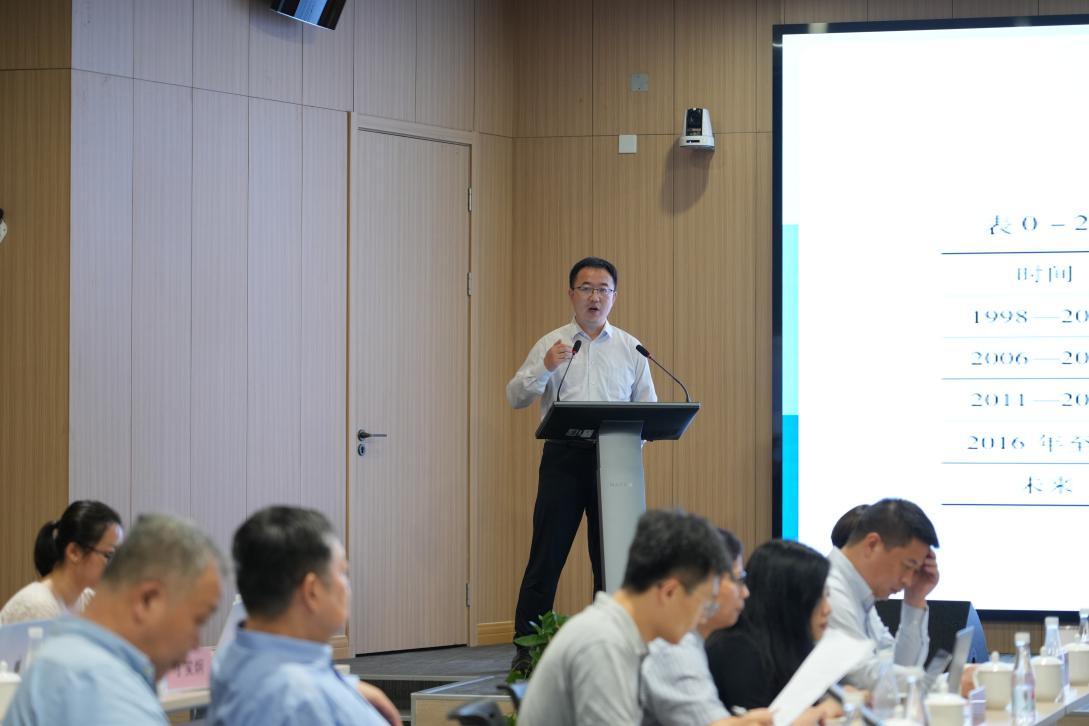
In the discussion session, attendees including Xia Zhengjiang, Kong Lingshuai, Xia Huixian, Zhang Minxuan, and Hu Guoyong engaged in in-depth discussions on the definitions, social backgrounds, and development processes of concepts such as green education and education for sustainable development mentioned in the aforementioned reports.
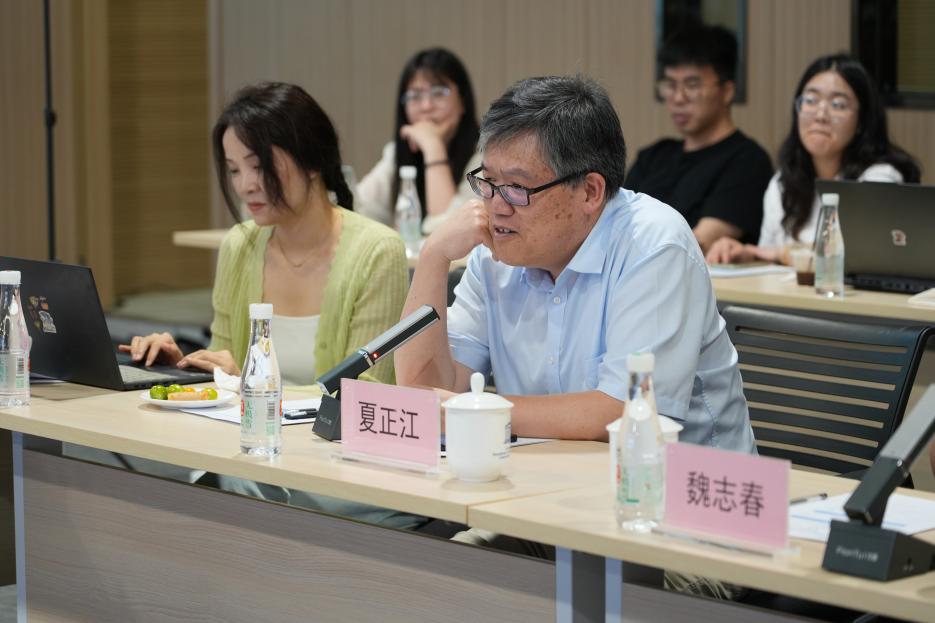
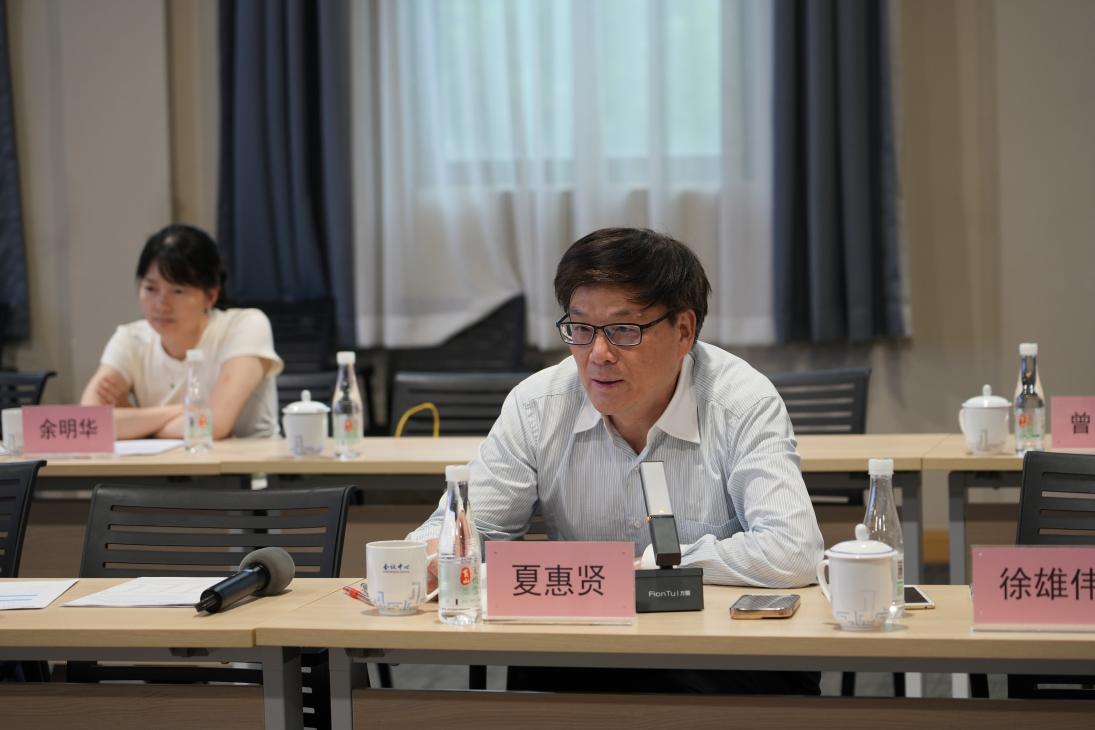
During the afternoon session, RIICE recognized outstanding faculty and students. Professor Hu Guoyong was awarded the Special Contribution Award for RIICE Development. Associate Professor Yan Wenle received the Outstanding Party Affairs Work Award. Professor Ningbo, Professor Kong Lingshuai, and Associate Professor Xu Jinjie won the Academic Research Award. Professor Huang Xingfeng was honored with the Outstanding Education and Teaching Award. Associate Professor Song Jia received the Outstanding Student Affairs Award. Wang Rui and Zhu Rongge were awarded the Outstanding Graduate Award.

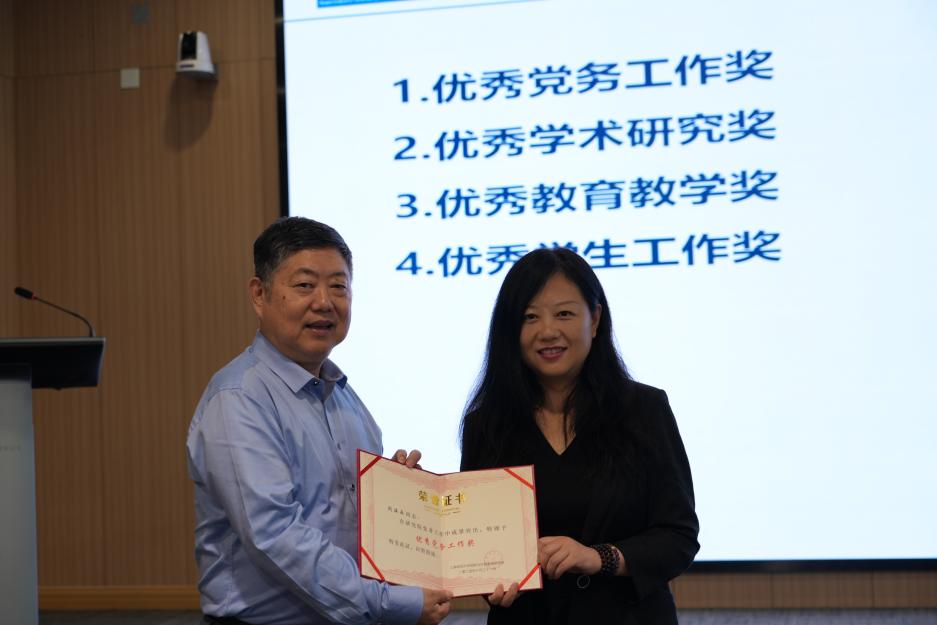
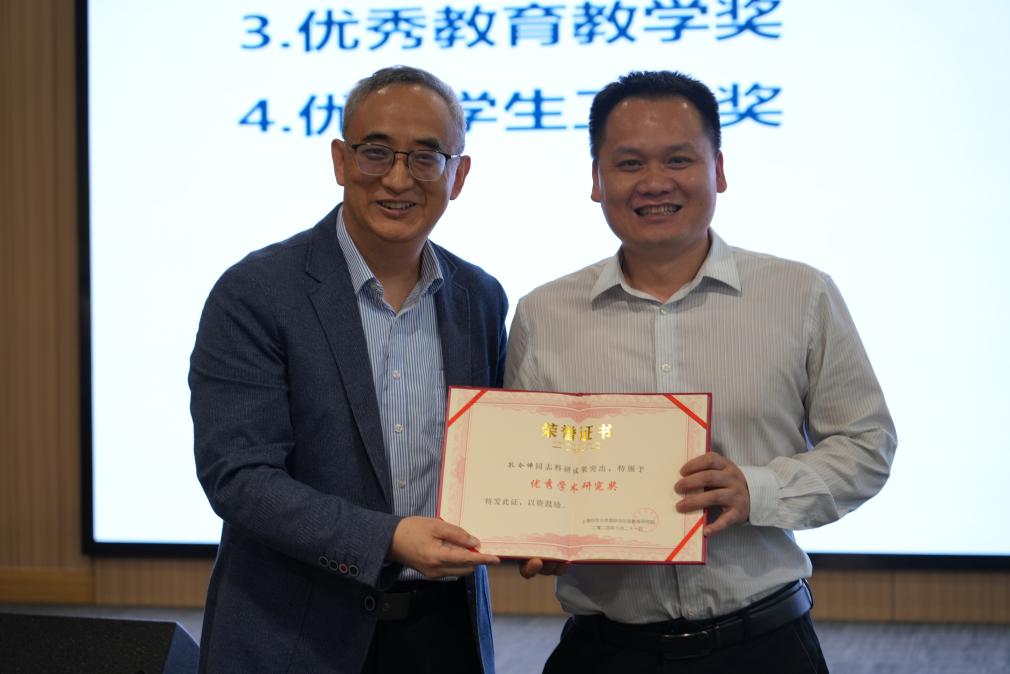
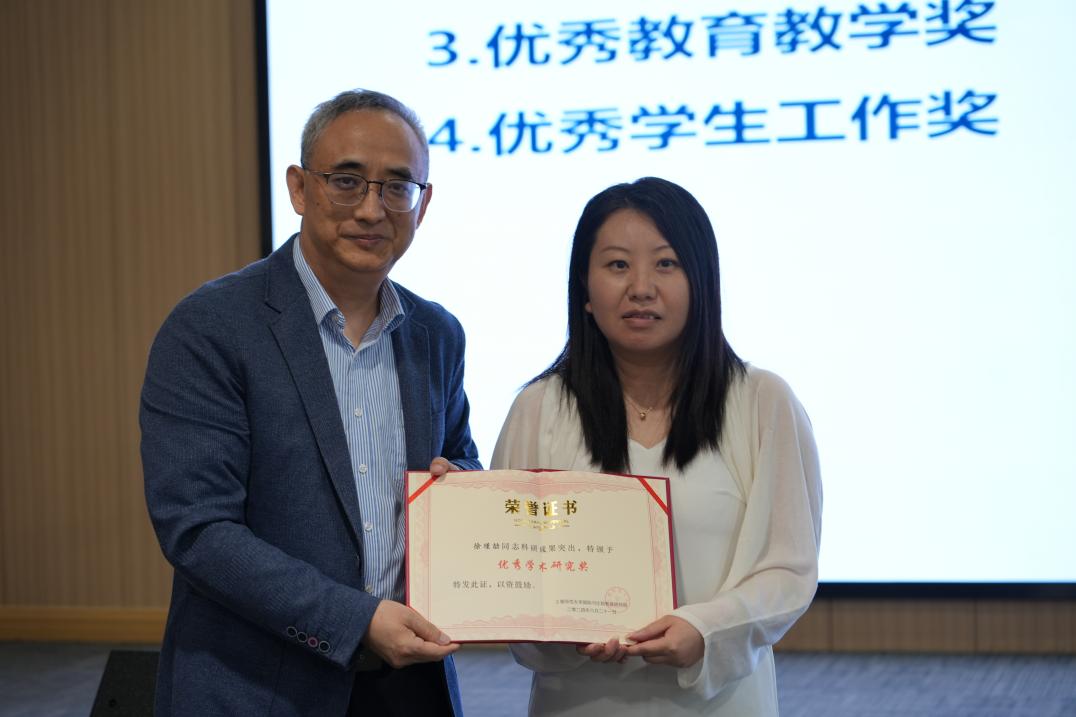
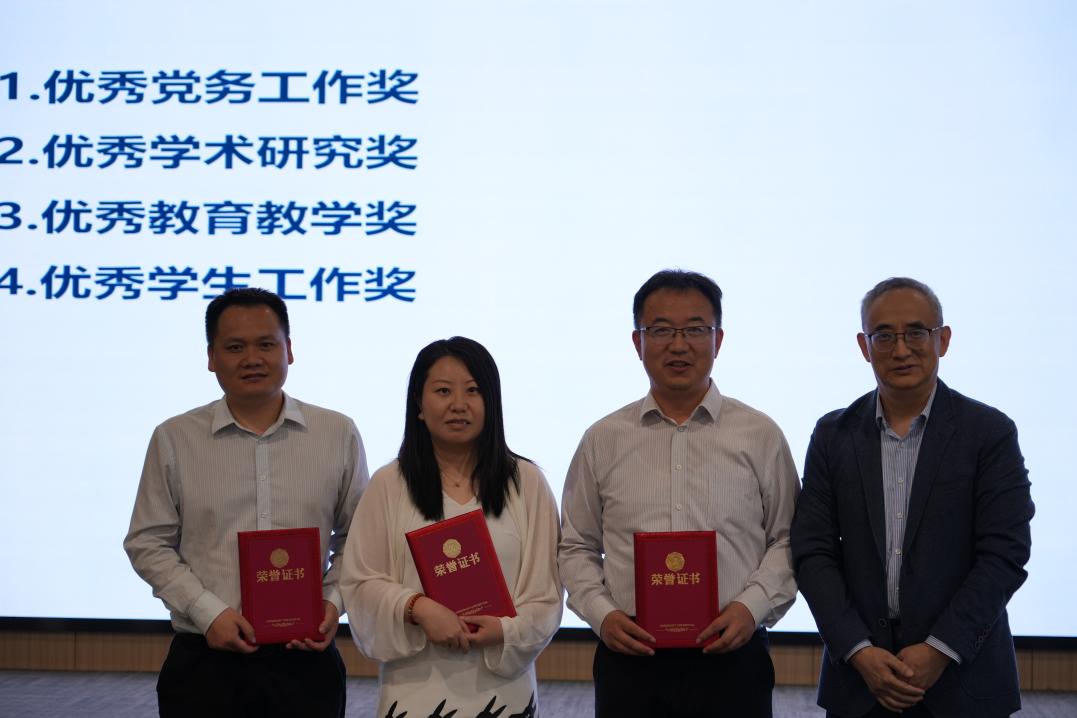
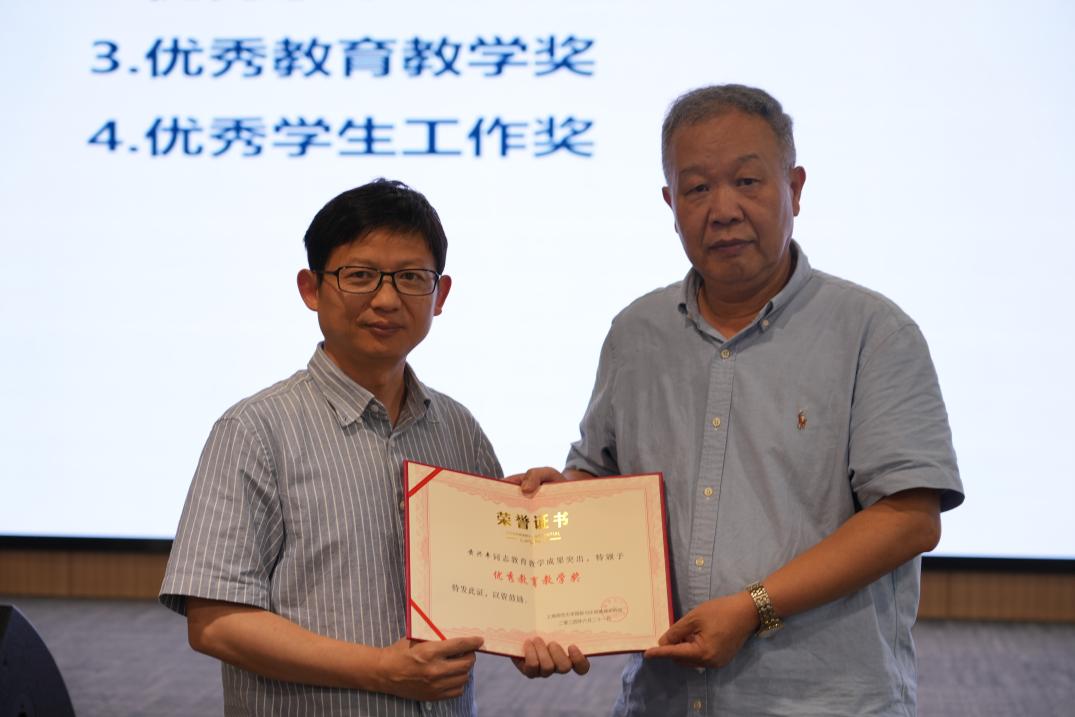
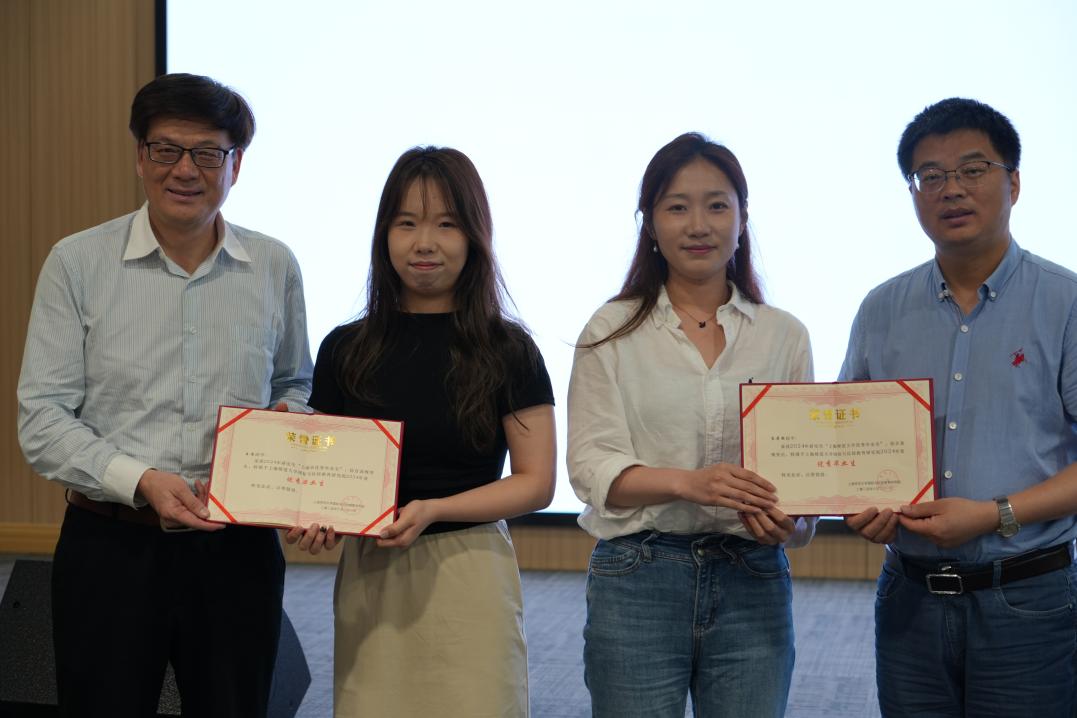
Following the awards ceremony, Huang Xingfeng shared his 10-year work experience. He remarked, Although work at RIICE is busy, it has brought endless joy and growth, as well as a group of like-minded colleagues. My team and I will continue to strive in the next decade and live up to expectations!
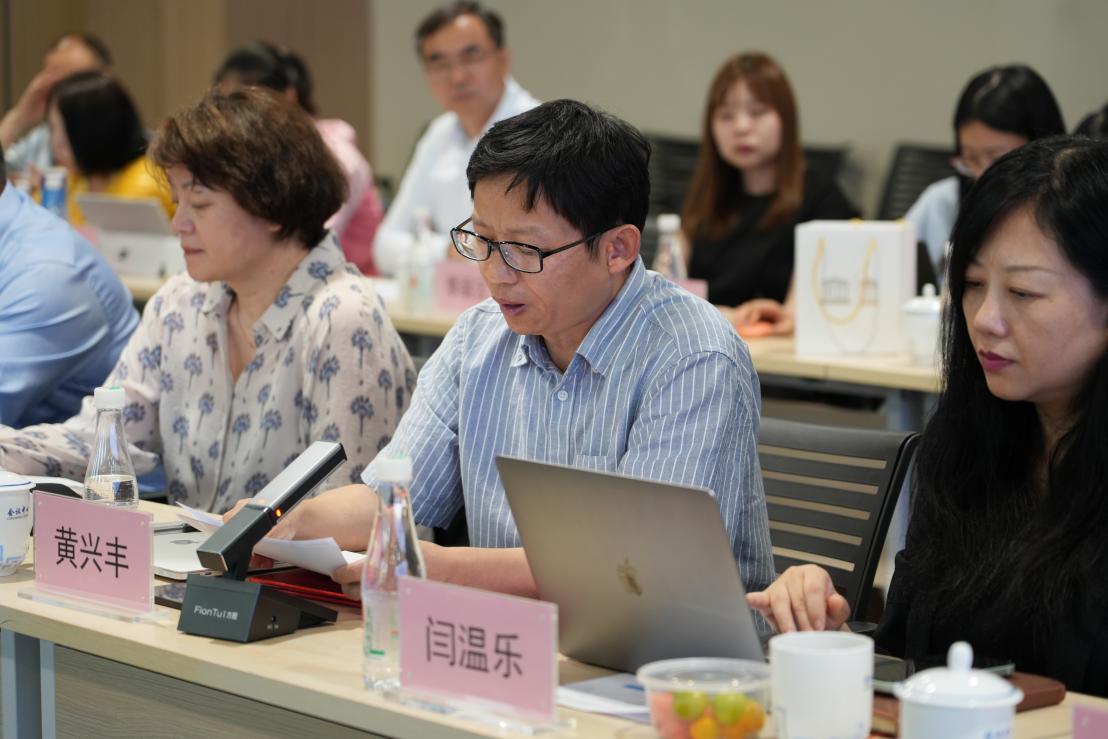
Finally, Zhang Minxuan delivered a summary and outlook on RIICE’s work, entitled A Decade of Development at the Research Institute for International and Comparative Education: Mission and Path of Comparative Education in the Context of Building a Strong Country. He noted that over the past decade, RIICE has forged ahead with determination, pursued excellence, and expanded academic boundaries; through joint efforts, remarkable achievements have been made in faculty and student development. These accomplishments are attributable to the strong support of Shanghai Normal University’s leadership, relevant university departments, the Faculty of Education, and the College of Education, as well as the collective efforts of all full-time and part-time colleagues at RIICE and the innovation team. Regarding the new goal of building a strong education country by 2035, the discipline of comparative education must shoulder new missions and strive for transformation and improvement. RIICE will also realize its vision and dreams in the process of building a strong country, carried forward by the younger generation of talents.
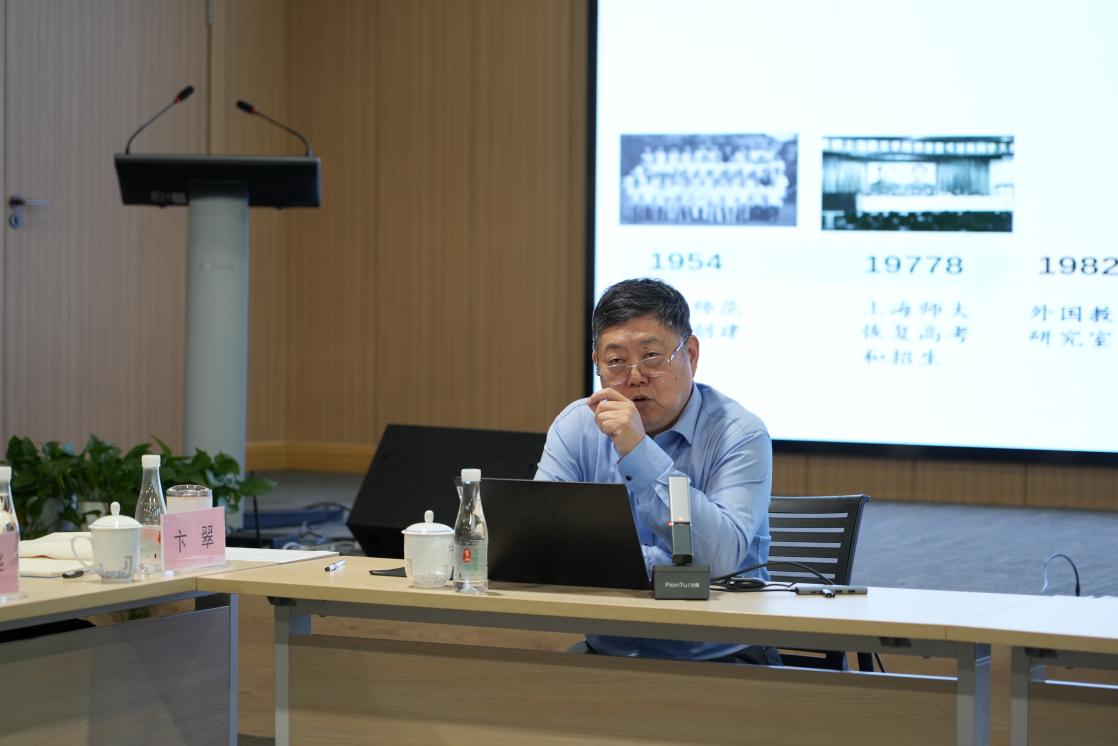
Attendees then took turns to speak, offering valuable suggestions for future development, demonstrating their care and support for RIICE.
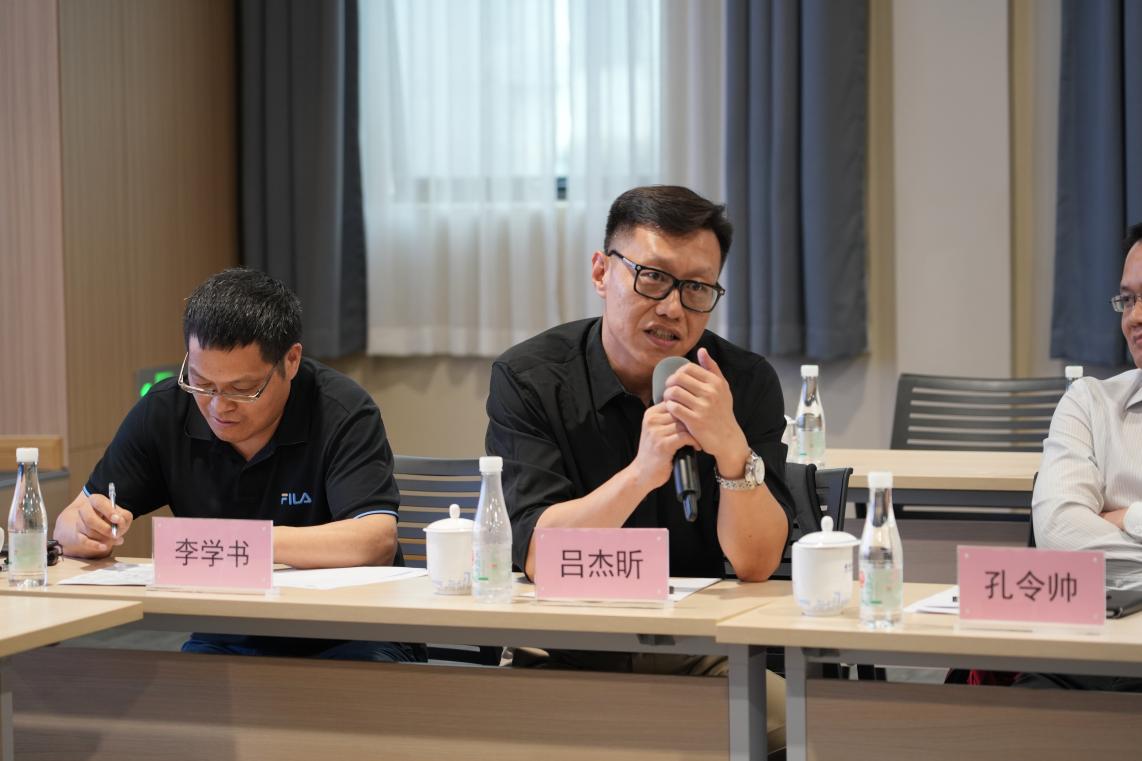
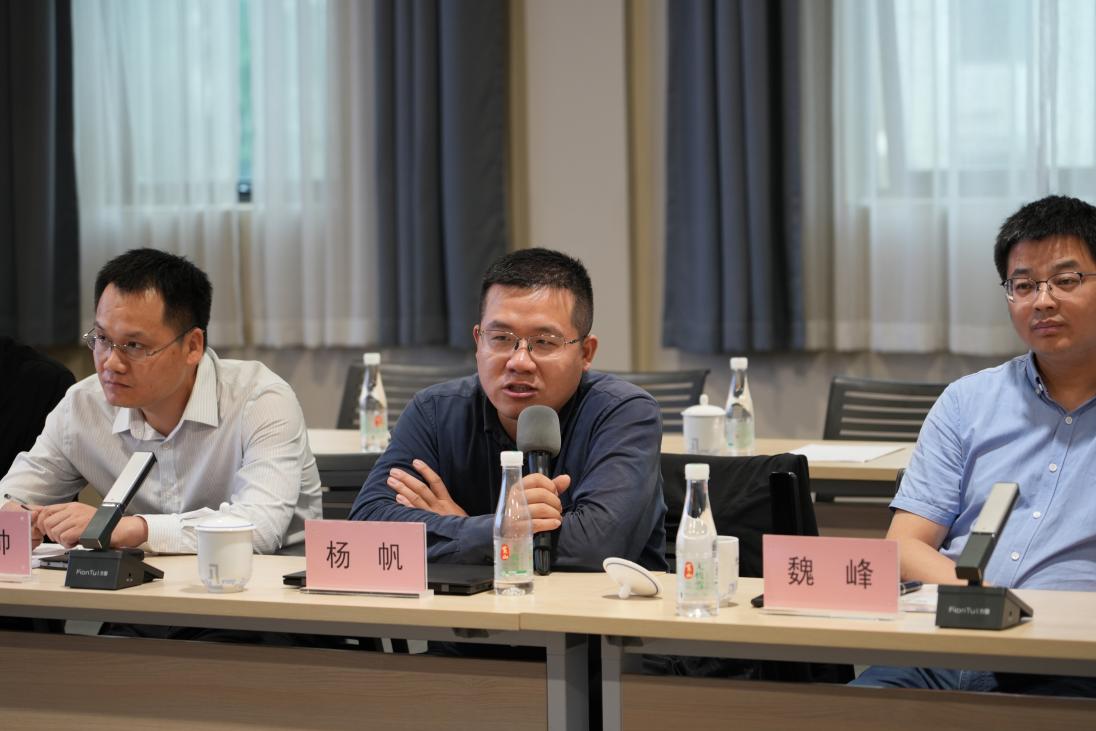
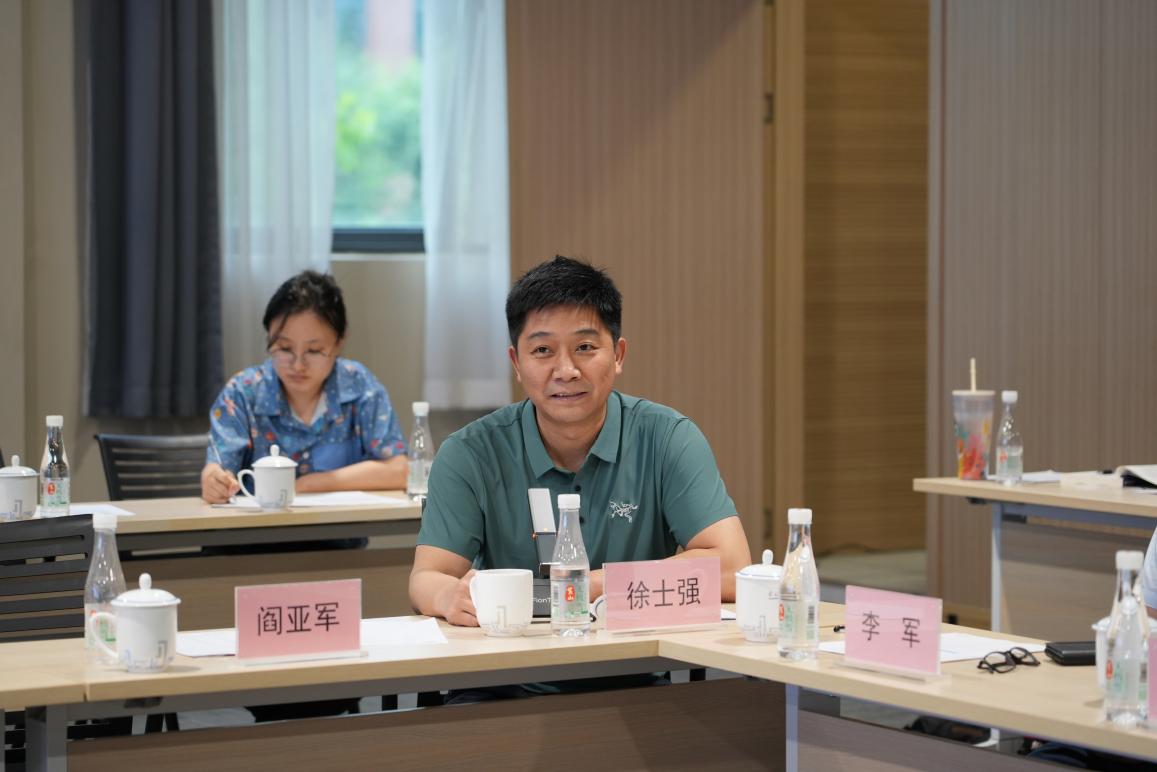
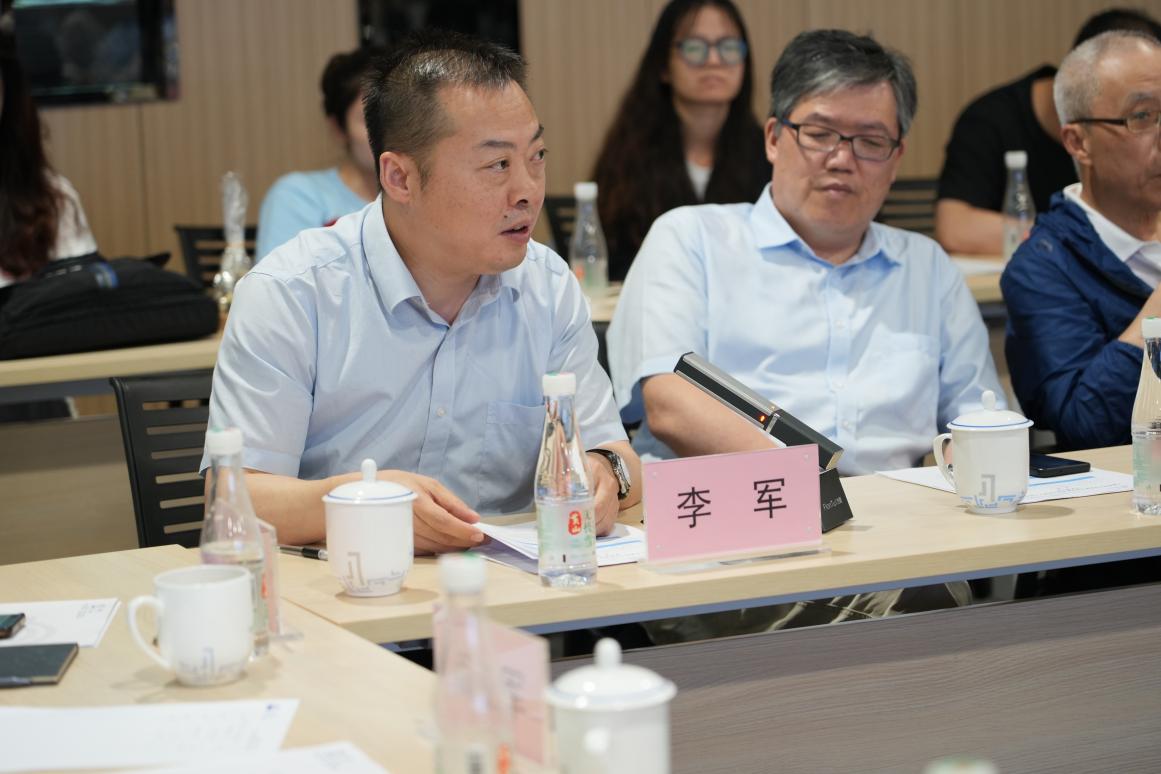
The conference concluded with a summary by Liu Xiaomin. He emphasized that as part of the series of events celebrating Shanghai Normal University’s 70th anniversary, RIICE’s 10th anniversary symposium held special significance. He expressed hope that RIICE would embark on a new journey in the next decade and achieve greater glory.
